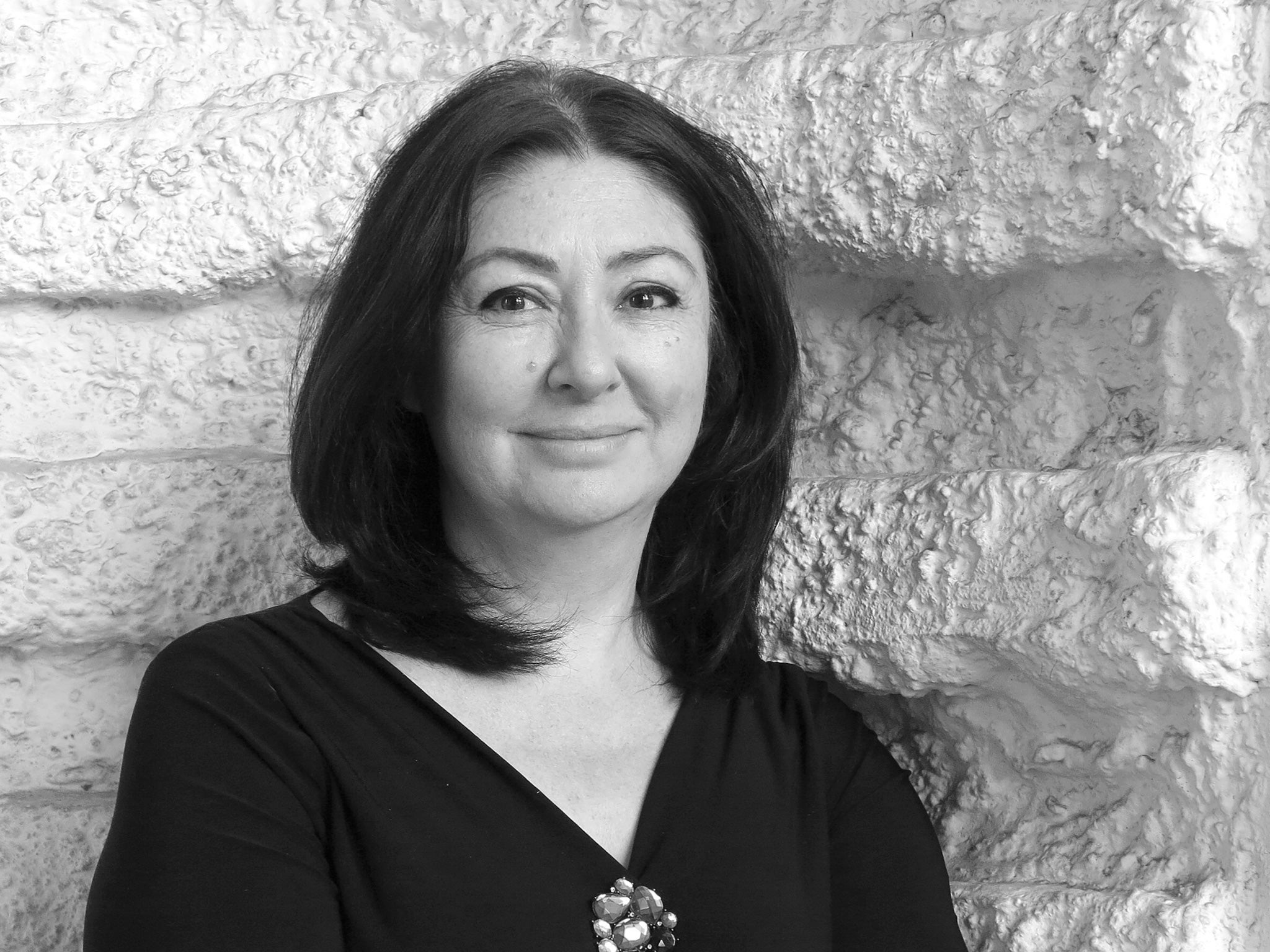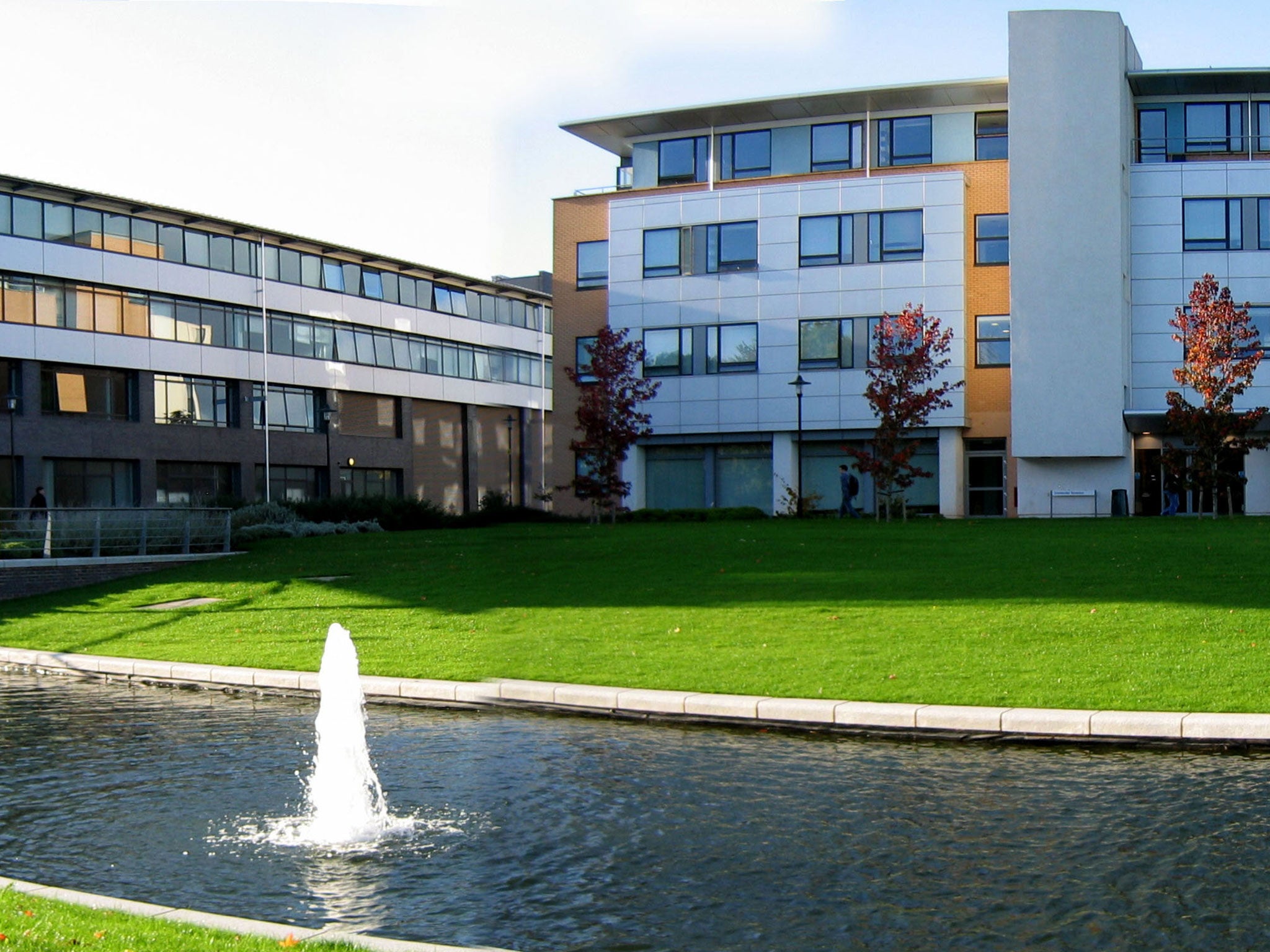Maryam Namazie: Secular activist barred from speaking at Warwick University over fears of 'inciting hatred' against Muslim students
'They’re basically labelling me a racist and an extremist for speaking out against Islam and Islamism'

Your support helps us to tell the story
From reproductive rights to climate change to Big Tech, The Independent is on the ground when the story is developing. Whether it's investigating the financials of Elon Musk's pro-Trump PAC or producing our latest documentary, 'The A Word', which shines a light on the American women fighting for reproductive rights, we know how important it is to parse out the facts from the messaging.
At such a critical moment in US history, we need reporters on the ground. Your donation allows us to keep sending journalists to speak to both sides of the story.
The Independent is trusted by Americans across the entire political spectrum. And unlike many other quality news outlets, we choose not to lock Americans out of our reporting and analysis with paywalls. We believe quality journalism should be available to everyone, paid for by those who can afford it.
Your support makes all the difference.A prominent secularist and activist has been barred from speaking at a student union event due to fears her speech would “incite hatred” against Muslim students.
Maryam Namazie had been booked by the Warwick Atheists, Secularists and Humanists (WASH) group to speak about secularism to Warwick University’s Student Union on 28 October.
However, the group was notified last month that Ms Namazie’s speech had been cancelled. The decision has led campaigners to raise concerns about student bodies across the UK thwarting freedom of speech on their campuses.
The union said that “after researching both [Ms Namazie] and her organisation, a number of flags have been raised. We have a duty of care to conduct a risk assessment for each speaker who wishes to come to campus”.
Articles written by Ms Namazie indicated she was “highly inflammatory” and “could incite hatred on campus”, according to the union.
Ms Namazie, who fled Iran with her family in 1980 after the revolution, said she was likely to have spoken about apostasy, blasphemy and nudity in the age of Isis. She told The Independent she was “angry” her talk had been blocked.
“They’re basically labelling me a racist and an extremist for speaking out against Islam and Islamism,” she said.
“If people like me who fled an Islamist regime can’t speak out about my opposition to the far-right Islamic movement, if I can’t criticise Islam… that leaves very [few] options for me as a dissenter because the only thing I have is my freedom of expression.
“If anyone is inciting hatred, it’s the Islamists who are threatening people like me just for deciding we want to be atheist, just because we don’t want to toe the line.”
Ms Namazie, who considers herself an anti-racist campaigner, added: “To try to censor me, does a double disservice to those people who are dissenting by denying people like me the only opportunity we have to speak.”

WASH appealed against the union’s decision earlier this month. The group’s president, Benjamin David, said: “The infringement of free-speech is becoming insidiously ubiquitous, and many universities, including Warwick, are circumventing the freedom of speech in pursuit of inoffensive, sanitary narratives.”
The move has also been criticised by the National Secular Society, which said it would be writing to Warwick University “to remind them of their legal duty to promote and protect free speech”.
“Unfortunately it is part of a worrying wave of censorship that we’re seeing across British universities under the guise of ‘safe spaces’… it’s utterly disheartening,” said Stephen Evans, the society’s campaigns manager. The concept of “safe spaces” had a “chilling effect on free speech,” he added.
Isaac Leigh, president of Warwick Student Union said: “The initial decision was made for the right of Muslim students not to feel intimidated or discriminated against on their university campus… rather than in the interest of suppressing free speech.”
“A final decision on this issue will be reached by the most senior members of the Student Union in coming days,” he said.
Ms Namazie hoped her talk would be rescheduled.
Join our commenting forum
Join thought-provoking conversations, follow other Independent readers and see their replies
Comments